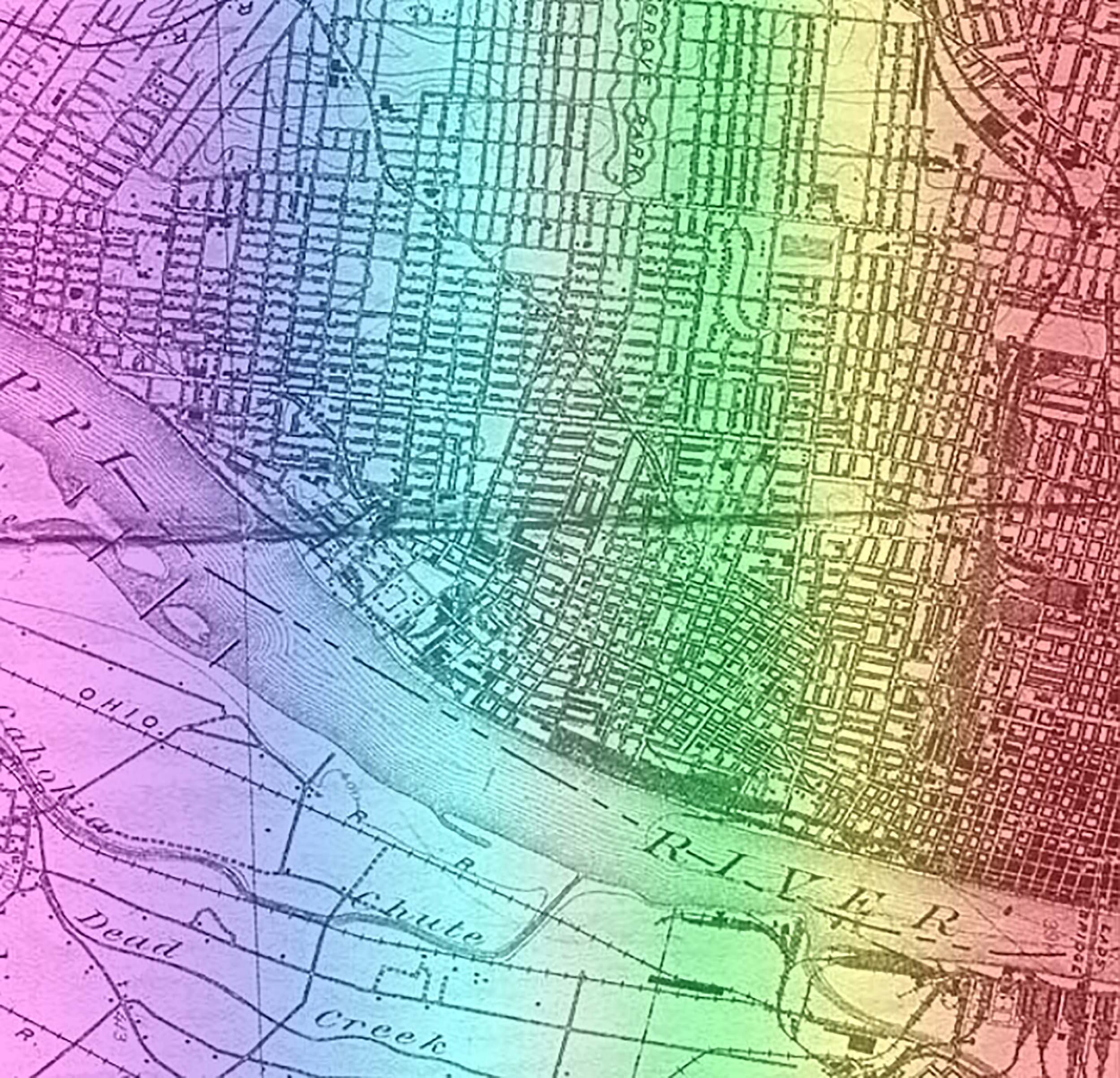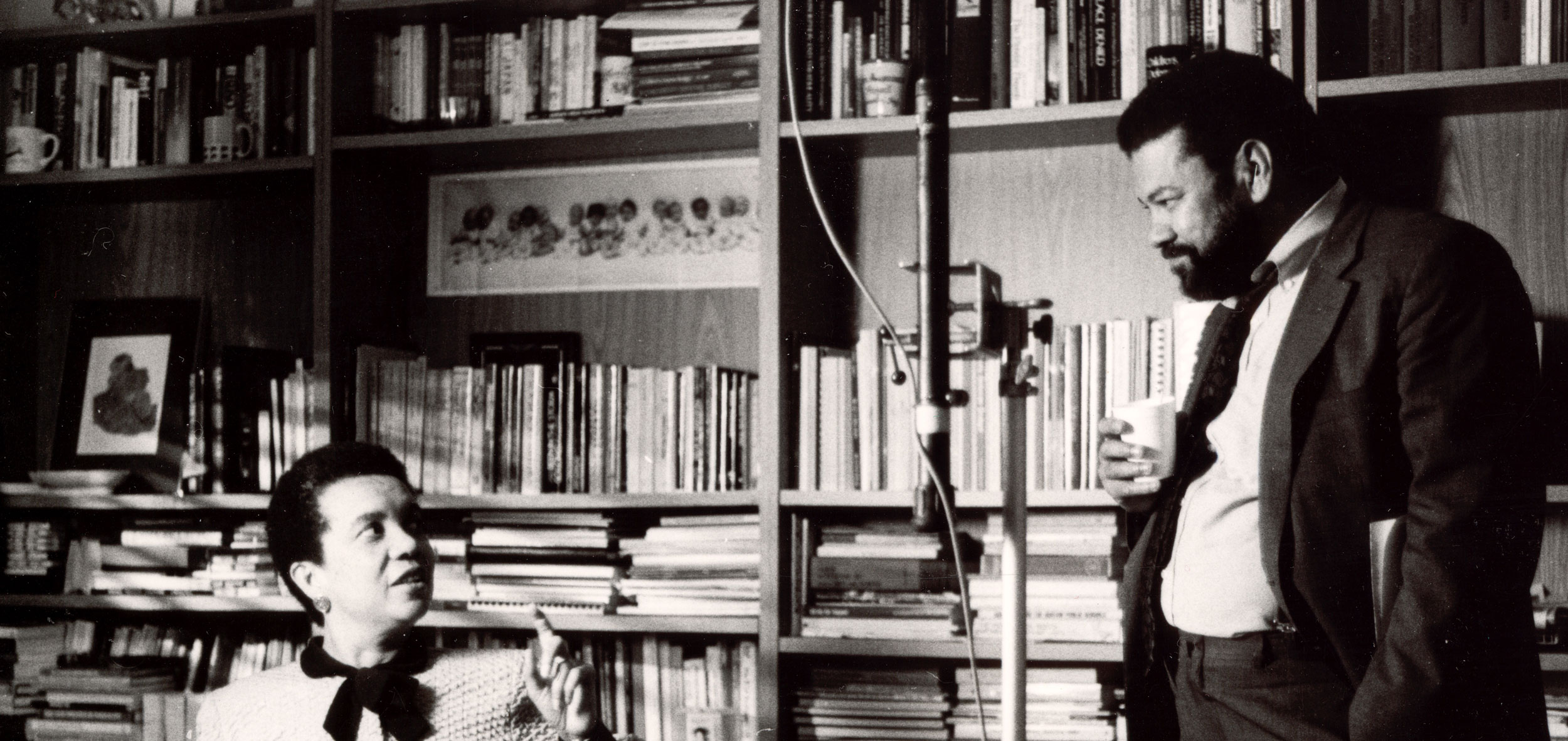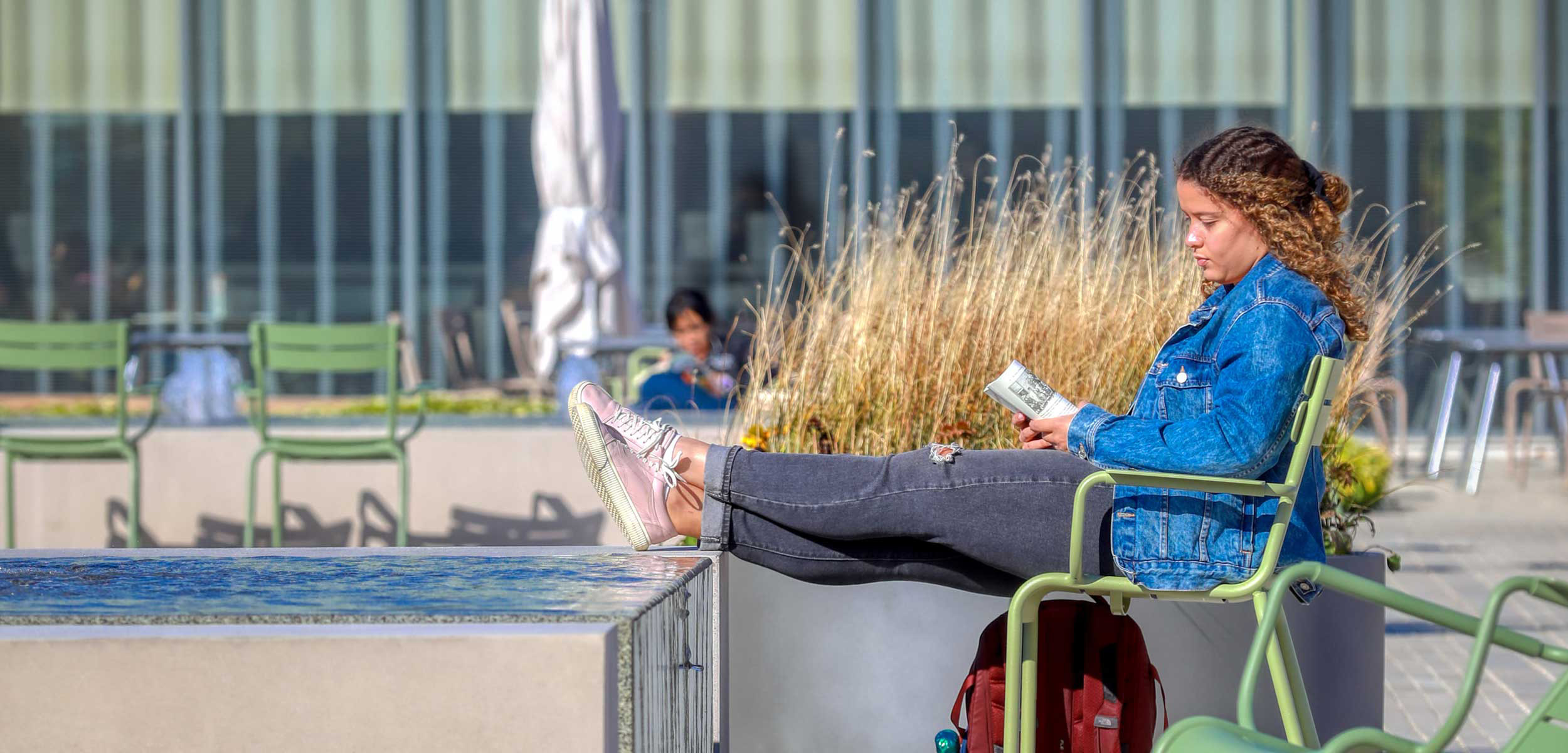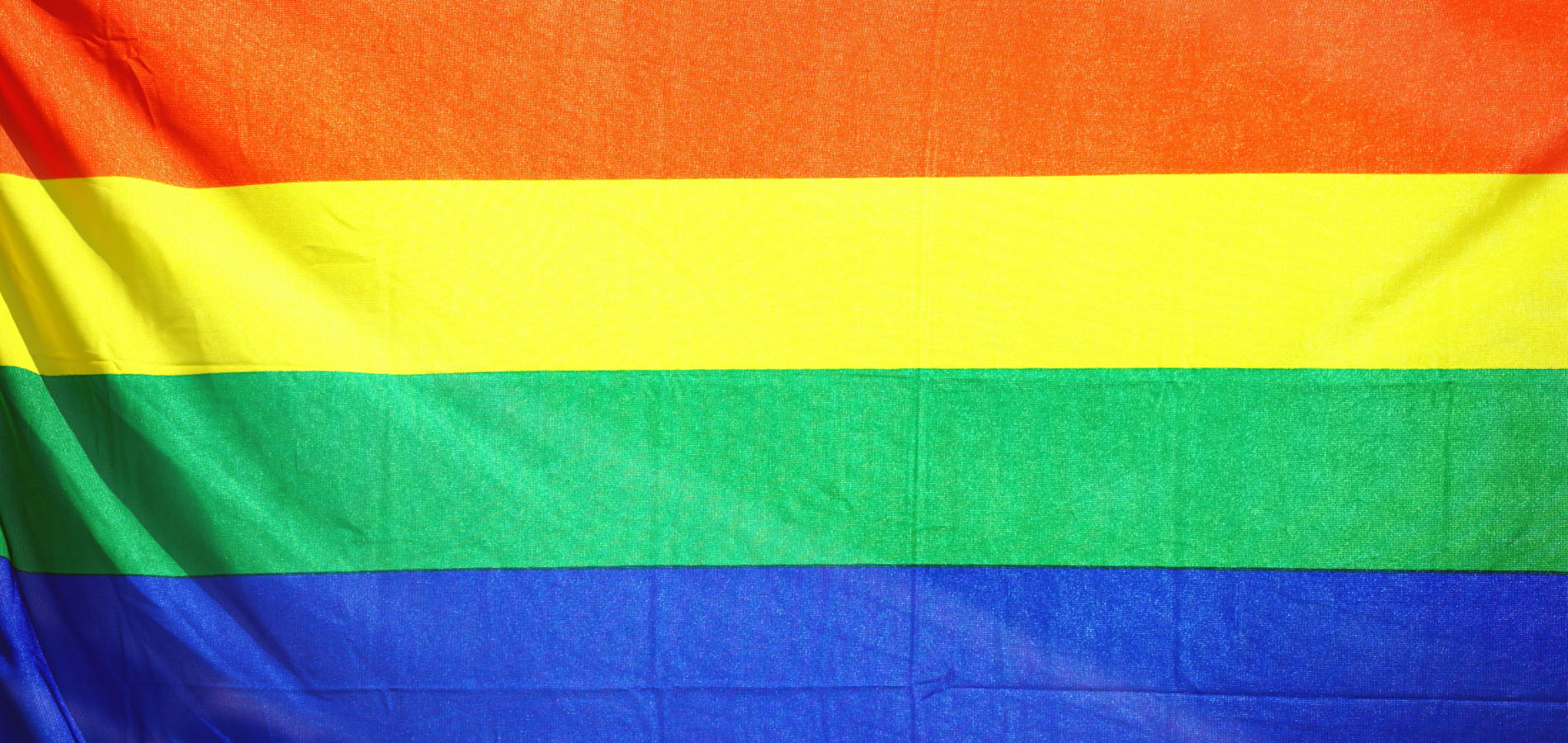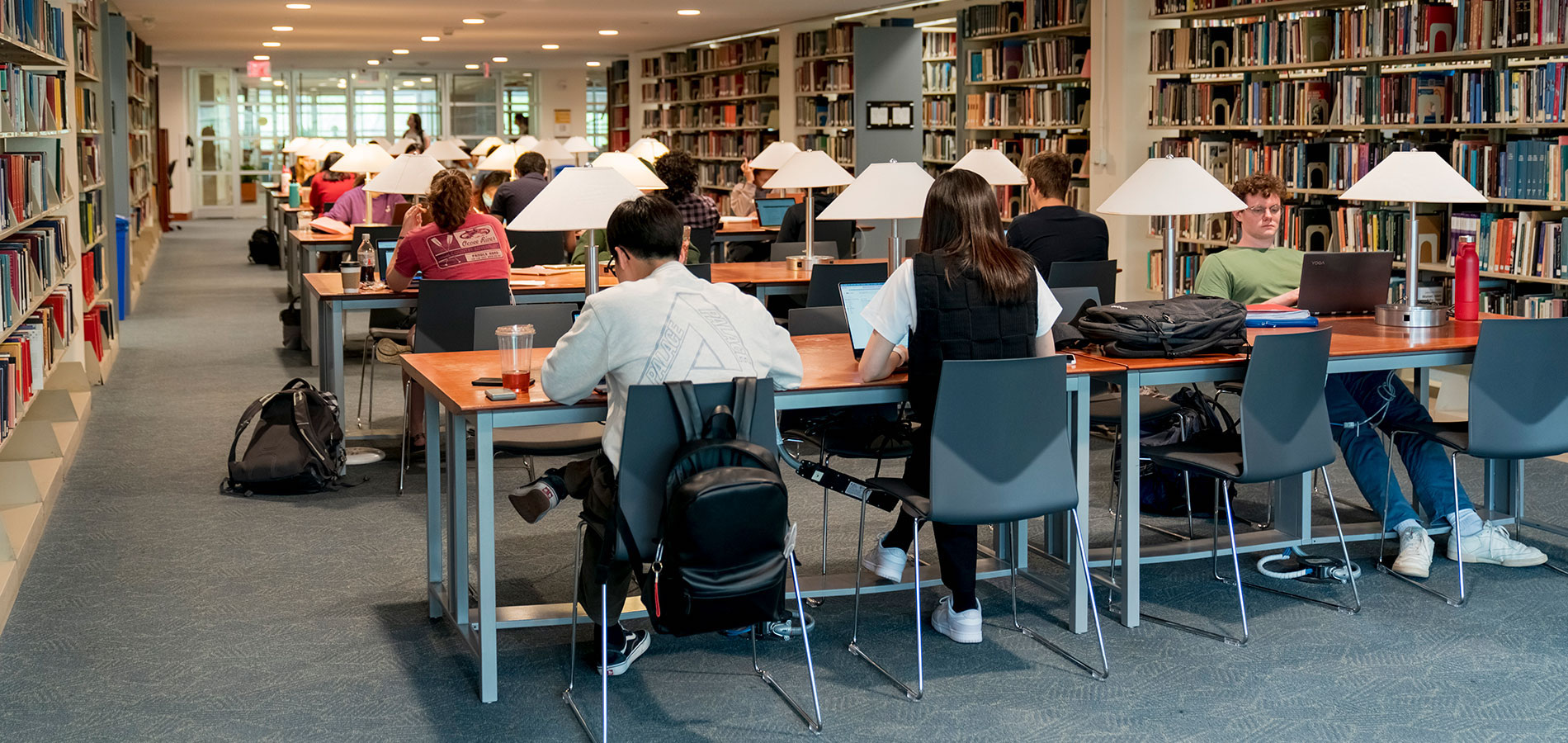Inclusion, Diversity, Equity & Access
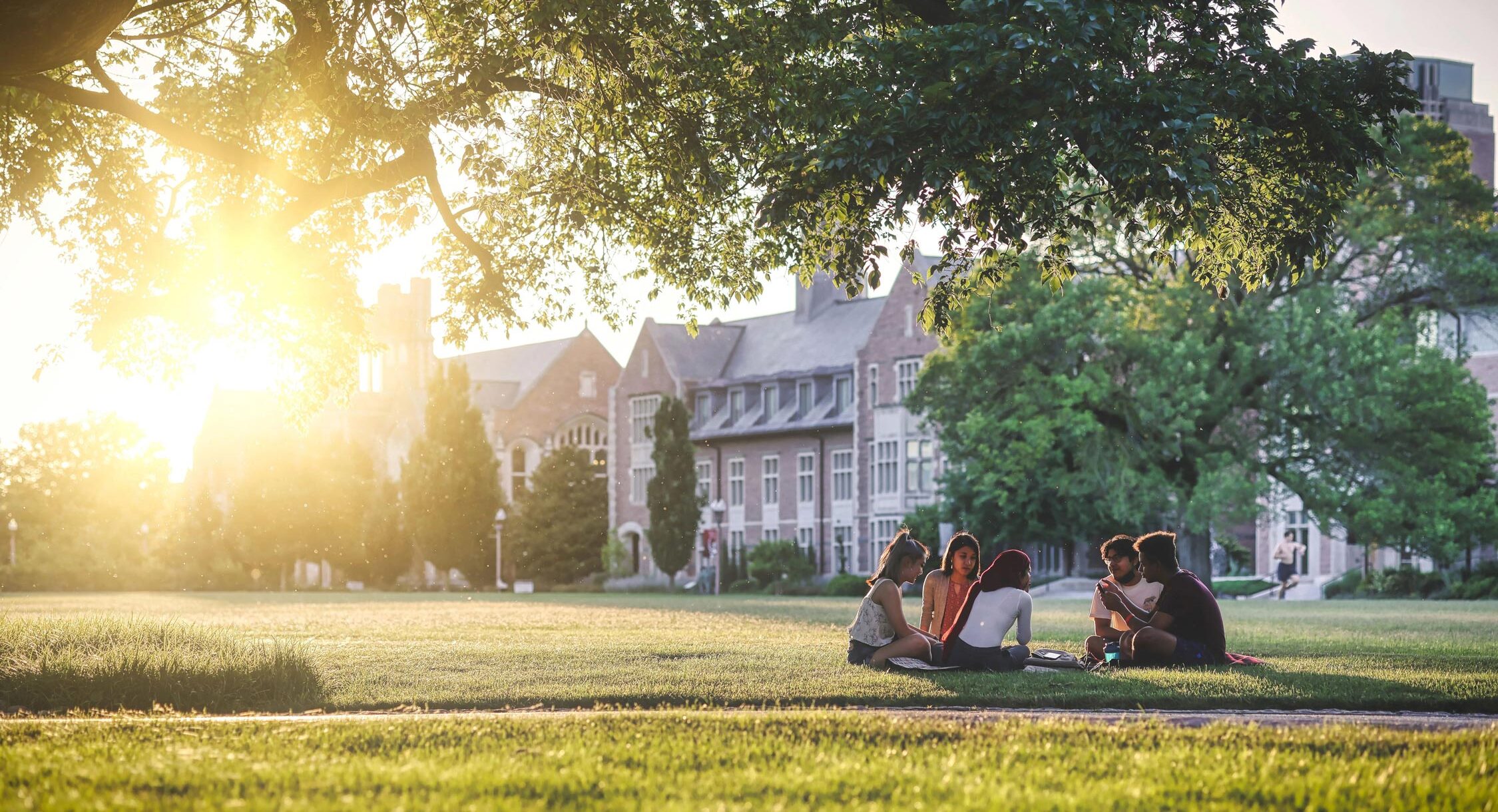
WashU Libraries are key in upholding Washington University’s commitment to justice and racial equity. Our efforts are multifaceted, and we intentionally strive to improve diversity, equity, and inclusion throughout our community. By making space to listen and discuss these issues, we can take action with the goal of continuous improvement, and we look forward to sharing additional details here as related projects and initiatives unfold.
Jump to: Selected Library Resources | Campus Resources |
Initiatives for Campus Communities
WashU Libraries IDEA Statement
The WashU Libraries are strongly committed to the values of inclusion, diversity, equity, and access (IDEA). It is not enough to grasp the concepts of IDEA; our goal is to incorporate IDEA and antiracism as an integral part of our practices, policies, and culture. Though we have not fully upheld these values in the past, we are committed to providing the financial and human resources necessary to support:
- Our envisioned environment where all library staff and library researchers feel welcome, safe, included, valued, and respected
- The learning, teaching, and research of our evolving diverse communities
Our Commitment to Incorporating the Values of IDEA into Everything We Do
Advocacy
Collaborate with campus and community organizations to promote the values of IDEA on campus and in the larger community.
Collections & Services
Provide diverse, inclusive, discoverable, and accessible collections, exhibits, and programming that encompass the experiences of those who have been historically marginalized and/or underrepresented.
Identify gaps in our collections and acquire, describe, and promote resources created by underrepresented communities.
Identify and remove barriers to the use of our collections and services.
Promote and continually deepen the resources in our collections that advance understandings of focus on the study of inclusion, diversity, equity, accessibility, social justice, and anti-racism.
Inclusive Organizational Culture
Recruit, hire, develop, advance, and retain a diverse library staff that reflects the diversity of the communities we serve.
Provide ongoing opportunities for library staff to develop and maintain skills required to serve a diverse community.
Maintain a safe, inclusive, and welcoming environment for all library staff and researchers.
Spaces
Provide a variety of physical and virtual library spaces that are inclusive, welcoming, affirming, and accessible.
Provide spaces that foster collaboration and meet users’ learning, study, and research needs.
We realize this work is difficult and must be ongoing. We will review and update our commitment to IDEA values annually.
Definitions for diversity, inclusion, and equity are available on the American Library Association Office for Diversity, Literacy, and Outreach Services Glossary of Terms website at the American Library Association’s Office for Diversity, Literacy and Outreach Services Glossary of Terms.
The American Library Association’s Equity, Diversity, and Inclusion Accessibility page provides a definition of accessibility.
Selected Library Resources
Selected Collections
Browse the CollectionsCampus Resources
Washington University in St. Louis is committed to an open and safe campus for all its community members. The University seeks to ensure this promise for a community that embraces and supports diversity in a welcoming climate through inclusive policies and supportive resources.
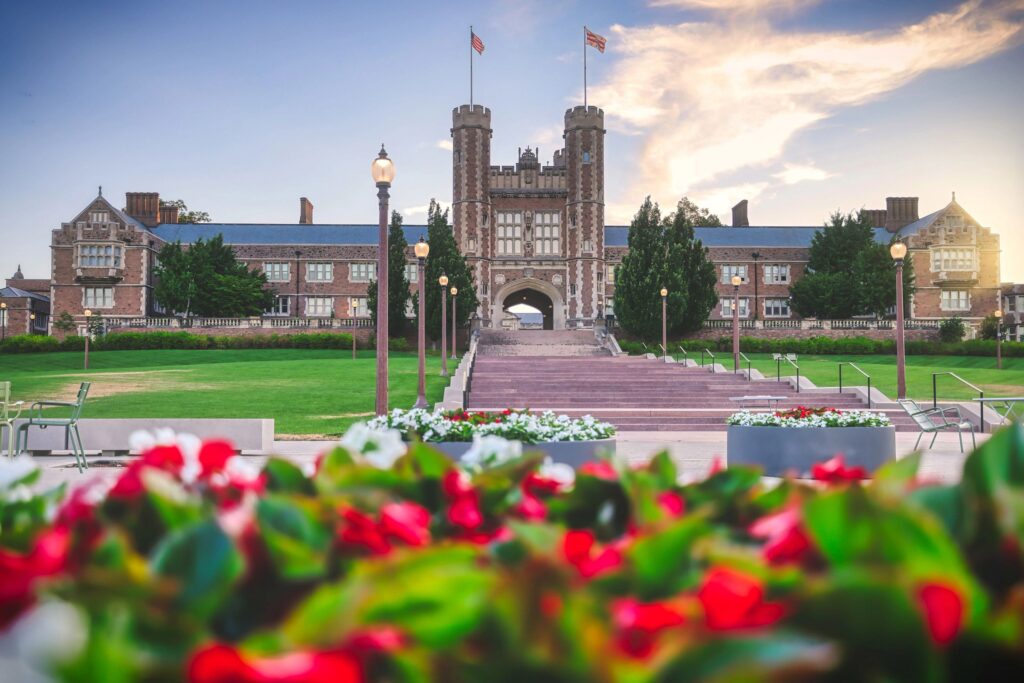
Accessible Transportation | Campus transportation assistance (on-campus locations only). Documentation required.
Center for Diversity & Inclusion (CDI) | Support and advocate for undergraduate, graduate, and professional students.
Bias Reporting | Reporting system for those who experienced or witnessed incidents of bias, prejudice, or discrimination.
LGBTQIA+ Resources | Includes peer mentorship, a free LGBTQIA* retreat, student groups, and regular programming and events.
Green Dot Bystander Intervention Program | Bystander intervention training to create a community where violence is not tolerated.
Relationship & Sexual Violence Prevention Center | Immediate help and resources for information and support concerning relationships.
SafeZones | Educates and promotes discussion around LGBTQIA+ issues in order to develop a more open and inclusive university community.
S.A.R.A.H. at WashU | A student-run confidential helpline that serves Washington University in St. Louis community.
WashU Cares | Empowers Danforth Campus students by connecting students to mental, medical, financial, and academic resources.
